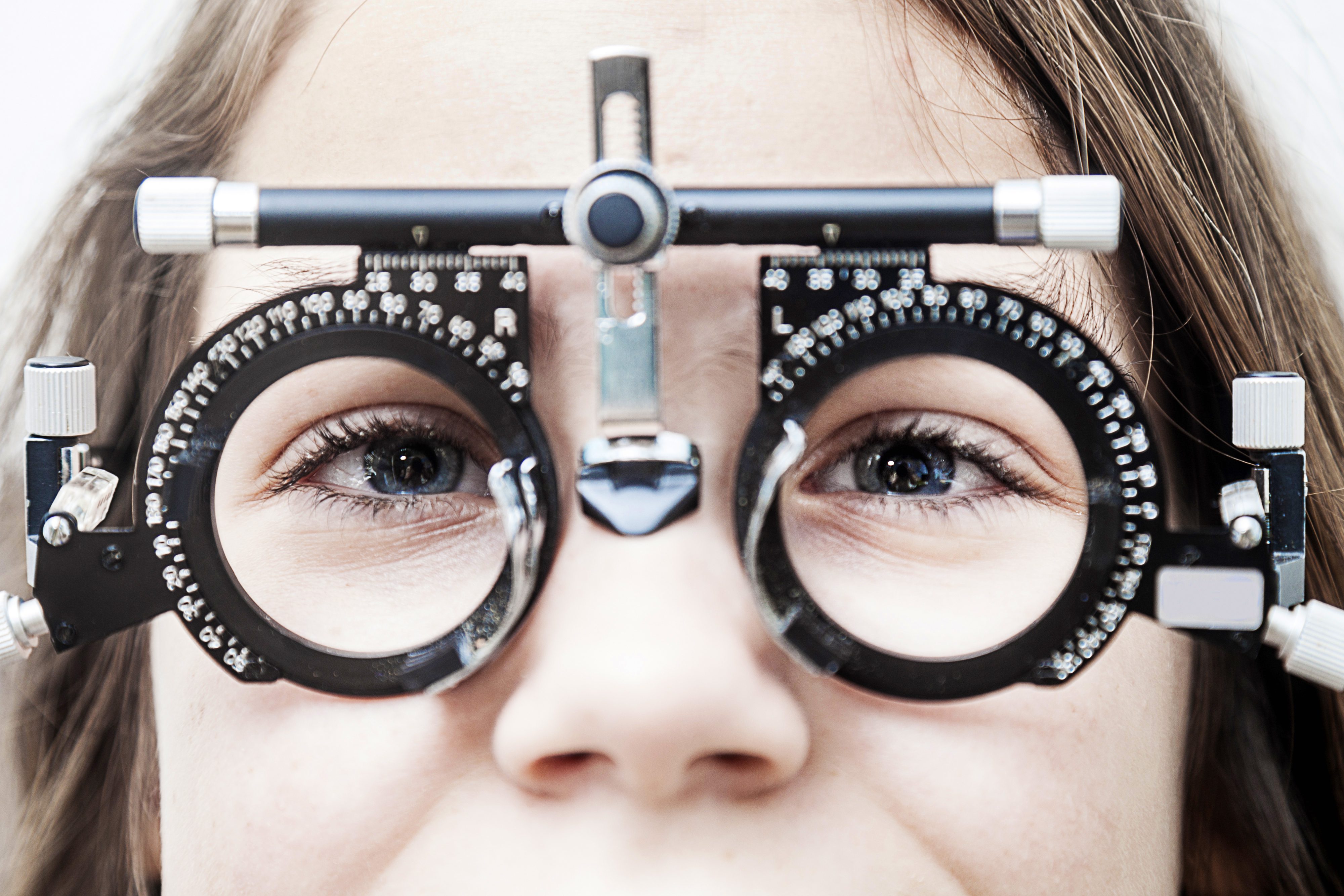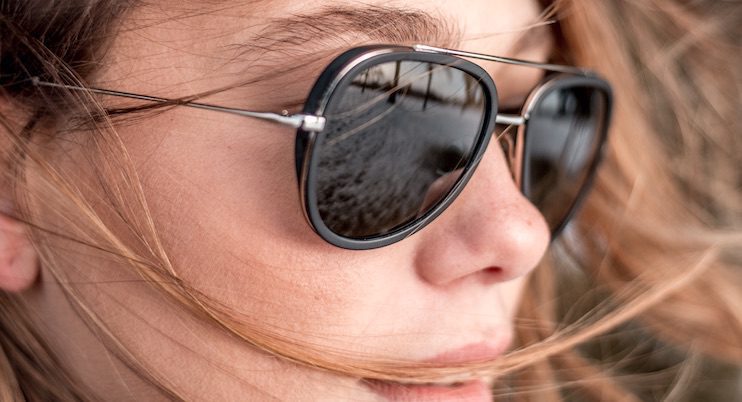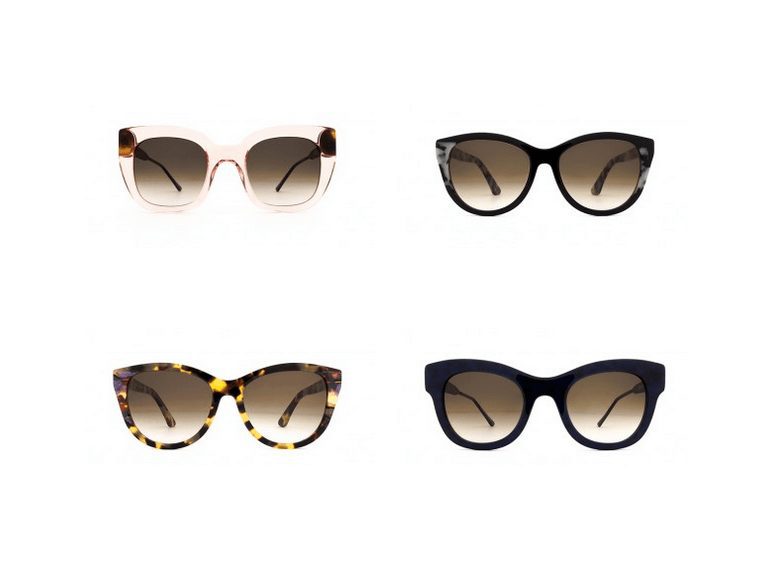Why and when wear sunglasses during winter?
In both winter and summer, the UV rays are present, even when the sun is hidden by clouds. In fact, you should know that those rays are even more aggressive and harmful. The light rays, discharged by the sun, are mostly reflected on the snow and the water, causing a glare to the eyes. Prolonged exposure therefore increases the risk of ocular diseases such as cataracts and macular degeneration. In addition, the air, less humid in winter than in summer, contributes to ocular dryness.
Furthermore, it is possible to contract a pathology called photo keratitis. This pathology consists of a current ocular problem, but still little known. It is a superficial burn of the surface of the eye, caused by an over-exposure to ultraviolet. Also, the eyelid and the outline of our eyes are parts of the body where the skin is thinner, and therefore more fragile. Without wearing sunglasses in winter, the risk of skin cancer increases.
At last, know that blue light rays, a part of the spectrum of light whose wavelengths are between 380 and 500 nanometres, not only comes from our screens. There is also exterior blue light rays, diffused by the sun. Those rays are 100 times more harmful and important than the light from our screens. By wearing sunglasses, this blue light is filtered which results in protected and less tired eyes.
You now understand why it is important to wear sunglasses during the winter, and this daily, whether the sun is hidden or present. Above all, it is essential to wear sunglasses during winter sports activities such as skiing, not only because UV rays increase by 10% for every 1000 metres of altitude, but also because the snow is able to reflect up to 85% of UV rays.
How to choose the right sunglasses?
There is a large selection of sunglasses, so we advise you to seek advice from your optician for recommendation of sunglasses with a good degree of protection. It is important to consider technical and visual characteristics of the glasses before purchasing.
To begin, it is crucial take into account the absorption factor and ensure it is sufficiently high. The energy of the proton located in the UV rays is absorbed by the electron included in the lenses of the sunglasses. The UV rays have then a harder time reaching out to the retina of the eyes.
It is also necessary to take into account the tint of the lenses. The lenses are classified by category of protection. Yellow, green and blue lenses are not recommended in winter, because they only offer protection for category 0, 1, or 2. In winter, it is recommended to wear grey and brown lenses. To guarantee sufficient protection during your winter activities, your sunglasses must be at least of category 3. For more sensitive eyes, a class 4 protection lens is available, but only needed when the ultraviolet radiation levels are very strong. These glasses should not be worn while driving.
On a design level, adapted sunglasses can make a huge difference. Choose sunglasses that are wide and adapted to the size and shape of your face. As a result, your eyes will not be in direct contact with sunlight and therefore will be more protected. We strongly advise you to buy your sunglasses from a professional, because he delivers the best advices, personalized to your needs. Finally, do not forget to perform regular eye exams to detect and prevent possible eye disorders. Your sunglasses will be all the more appropriate and adapted.



